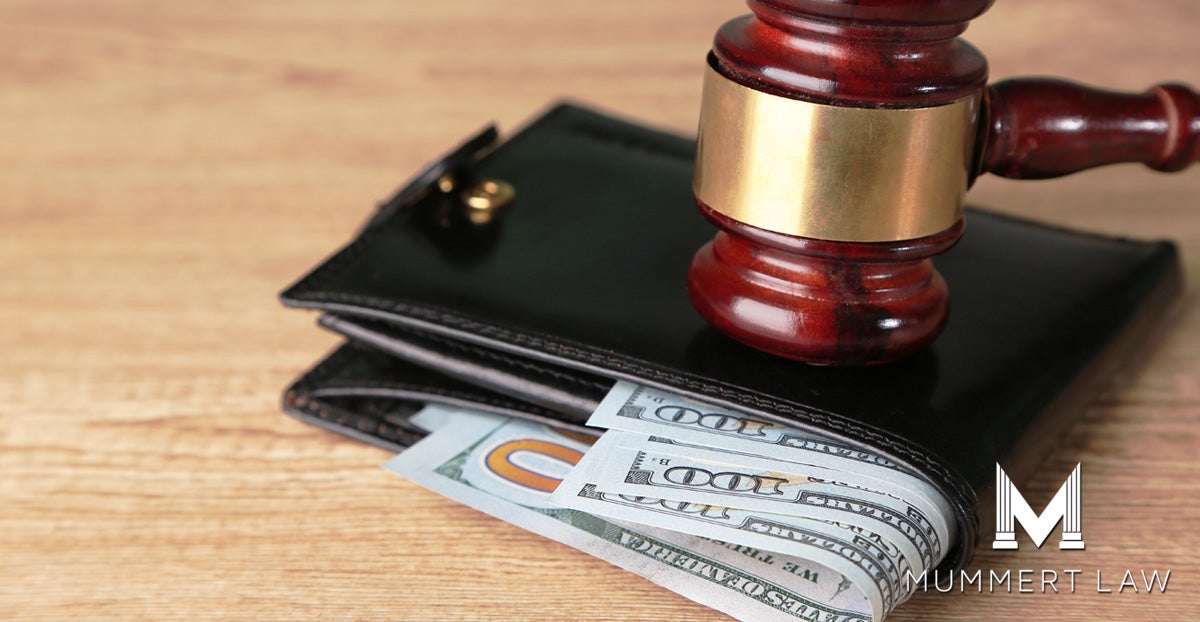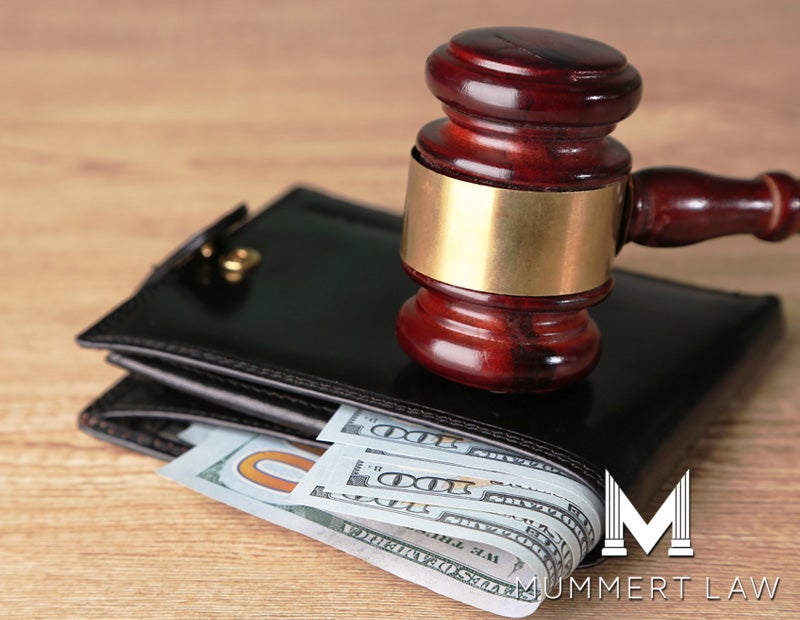Bankruptcy And Wage Garnishment

 Financial situations are unique, complicated, and can be overwhelming. Sometimes, if your debts go unpaid long enough, a creditor can garnish your wages. But what is wage garnishment? And can you still file for bankruptcy after your wages have been garnished?
Financial situations are unique, complicated, and can be overwhelming. Sometimes, if your debts go unpaid long enough, a creditor can garnish your wages. But what is wage garnishment? And can you still file for bankruptcy after your wages have been garnished?
The short answer is that many people file Chapter 7 and Chapter 13 Bankruptcy to either stop or prevent a wage garnishment.
Wage Garnishment Defined
A creditor can sue you over unpaid debt. Typically, they’d need to obtain a money judgment against you, which is a court-issued document stating the creditor won the lawsuit. A money judgment is entered if you don’t respond to the initial suit, which is known as a default judgment, or after a trial and the Court rules in favor of the creditor. In Maryland, you have 10 days to pay the judgment. If you don’t pay the judgment, many creditors will then garnish 25% of your income from your wages, as well as attach your bank account or put a lien against your property.
Wage garnishment is when a creditor files a request to have your employer withhold or deduct part of your wages to begin paying back your debt. The types of debt that a creditor can collect through wage garnishment include:
- Credit card debt
- Personal loans
- Taxes
- Medical bills
Note – While you are allowed to oppose the garnishment, generally speaking, there is no defense in State Court of I cannot afford the garnishment. Also, this wage garnishment is not the same as attachment of your wages for unpaid child support or alimony.
Bankruptcy and Wage Garnishment
Filing for Chapter 7 or 13 Bankruptcy will stop your wage garnishment (except for child support or alimony). In addition, upon filing for bankruptcy, a court-ordered automatic stay stops the majority of civil lawsuits brought against you. It also eliminates most collection actions against your property.
What is an Automatic Stay?
An automatic stay briefly prevents collection agencies, creditors, government entities, and others from collecting on the money you owe them.
The automatic stay will typically end at the close of the bankruptcy case, statutory code provision that automatically terminates the stay, or an order terminating the stay.
A creditor may request that the bankruptcy court lift the automatic stay, but this typically only happens if:
- The creditor has collateral-secured debt (e.g., a house or car)
- The creditor could lose money if they’re forced to wait until the completion of the case
- To allow a creditor to continue with a divorce or other domestic proceeding
Chapter 7, Chapter 13, and Wage Garnishment
Chapter 7 Bankruptcy
A stop will be put on your wage garnishment when you file for Chapter 7 Bankruptcy (otherwise known as wage attachment). If you successful complete the Chapter 7 and a discharge is entered against that debt, the creditor will not be able to garnish your wages anymore.
Note – Child support, certain taxes, and student loan debts aren’t dischargeable through Chapter 7 Bankruptcy. You are also required to continue to pay your child support and alimony while in bankruptcy.
Chapter 13 Bankruptcy
When filing for Chapter 13 Bankruptcy, you’ll pay your creditors, including the ones garnishing your wages, through payment plans. At the end of the Chapter 13 case, the debt should be discharged and the creditor will not be able to have your employer withholding income to satisfy the debt.
Note – As long as you’re complying with your Chapter 13 three-to-five-year repayment plan, your garnishments will stop. After that, however, the court can decree that the repayment plan be fulfilled by garnishing wages.
Wage Garnishment and How to File for Bankruptcy
At the Mummert Law Firm, we assist debtors in stopping wage garnishments. We will meet with you, discuss your financial circumstances, and propose the best course of action, inside and outside of bankruptcy.
If you elect to file bankruptcy, we will assist you in obtaining the information to prepare the Bankruptcy Petition, Schedules, and Statements (approximately a 50+ page documents). Once we file bankruptcy, we will notify the Court that entered the judgment and garnishment, the creditor seeking the garnishment, and your employer that an Automatic Stay has been entered on your behalf. Further, we will notify everyone that if they continue to collect the debt, that person could be subject to Contempt of Court for violating the Automatic Stay.
Finances are complicated, and you could be facing crushing debt and wage garnishment. Creditors can seek to collect on credit card debt, personal loans, taxes, and medical bills through your wages. But filing for bankruptcy can end your wage garnishment. However, don’t go it alone when it comes to finding financial relief. If you are facing wage garnishment, Mummert Law can help! We are available for a consultation, at which time we’ll sit down together, evaluate your position, and determine the best way to proceed. So make your appointment with Mummert Law today!

